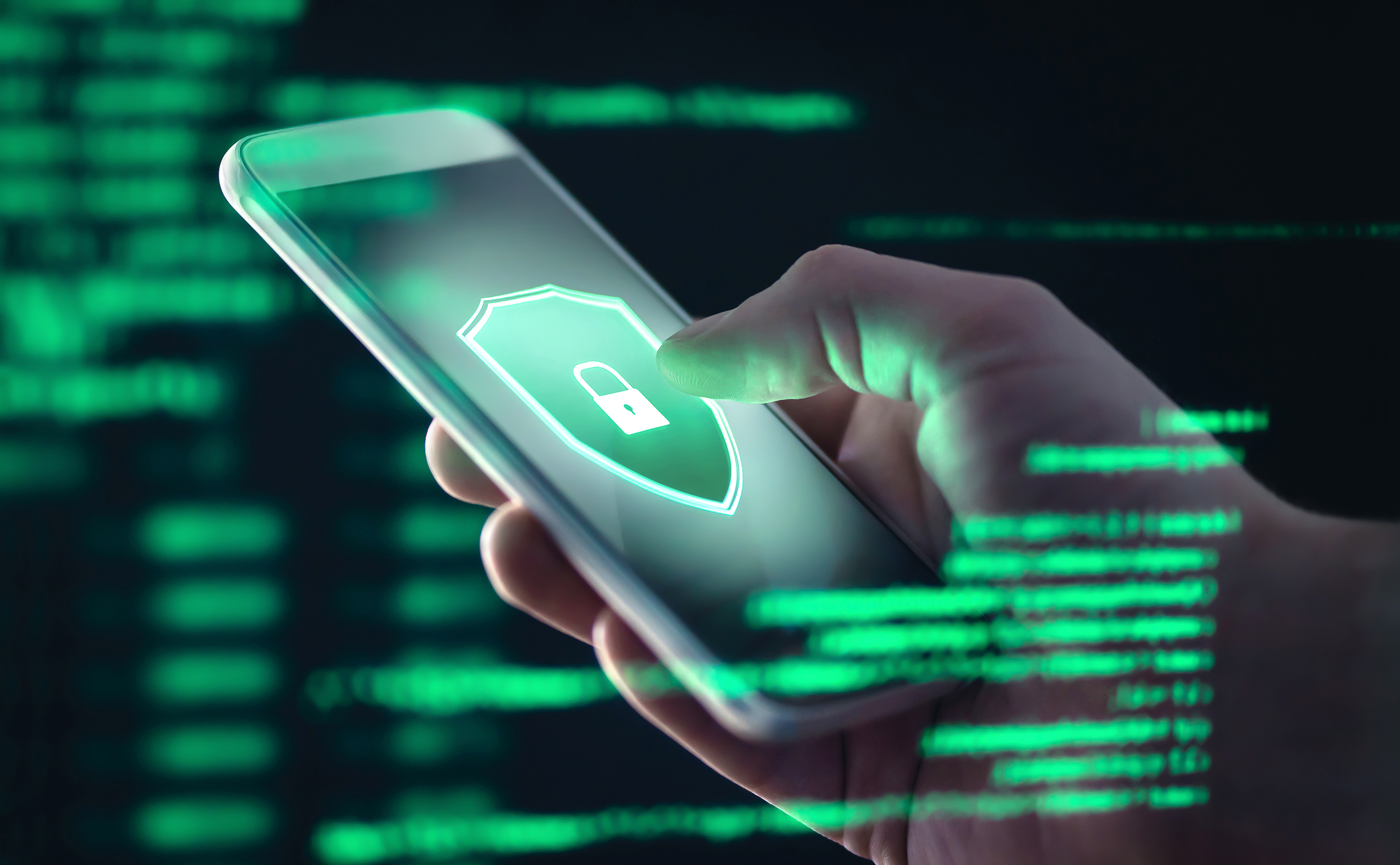3 min read
Securing Mobile Devices: Best Practices for Risk Mitigation
Exploring the Risks of Mobile Device Security Mobile devices have become an integral part of our daily lives, but they also pose significant security...
3 min read
 The Amazing Team at Force One
:
Apr 12, 2024 9:26:41 AM
The Amazing Team at Force One
:
Apr 12, 2024 9:26:41 AM
Implementing robust device security measures is crucial in ensuring the security of your mobile connections. These measures involve implementing the latest security features and protocols on your devices, such as biometric authentication, secure boot, and device encryption. By implementing these measures, you can protect your devices from unauthorized access and mitigate the risk of data breaches.
Also Read, Comparing Security Appliances
Additionally, it is important to keep your devices up to date with the latest security patches and firmware updates. Regularly checking for updates and applying them promptly can help address any vulnerabilities and ensure that your devices are protected against the latest threats.
Furthermore, it is recommended to use strong and unique passwords or passphrases for device unlock and other sensitive operations. Avoid using easily guessable passwords and consider using a password manager to securely store and manage your credentials.
Overall, implementing robust device security measures is the first step towards ensuring secure mobile connections and protecting your sensitive data.
Enforcing strict policy compliance is essential for maintaining secure mobile connections. Establishing and enforcing comprehensive security policies can help ensure that all users adhere to the necessary security measures and protocols.
These policies should include guidelines for password complexity, device usage restrictions, and data handling procedures. By enforcing these policies, you can minimize the risk of unauthorized access, data leakage, and other security breaches.
It is also important to educate users about the importance of policy compliance and regularly provide training sessions to keep them informed about any policy updates or changes.
By enforcing strict policy compliance, you can create a secure environment for mobile connections and reduce the likelihood of security incidents.
Leveraging remote administration tools is a valuable strategy for maintaining secure mobile connections. These tools allow administrators to remotely manage and monitor mobile devices, ensuring that they are properly configured and compliant with security policies.
Remote administration tools provide capabilities such as device tracking, remote wipe, and application management. With these tools, administrators can quickly respond to security incidents, remotely lock or wipe compromised devices, and enforce security policies across the mobile fleet.
Cybersecurity Essentials: Creating a Resilient Infrastructure
It is important to choose remote administration tools that are secure and offer strong authentication mechanisms to prevent unauthorized access. Additionally, regular monitoring and auditing of remote administration activities can help identify any suspicious or unauthorized actions.
By leveraging remote administration tools, organizations can efficiently manage their mobile devices, enhance security, and maintain control over their mobile connections.
Utilizing advanced encryption protocols is essential for securing mobile connections and protecting sensitive data. Encryption ensures that data transmitted between devices is encrypted and can only be decrypted by authorized parties.
It is recommended to use strong encryption protocols, such as Transport Layer Security (TLS), to secure mobile connections. TLS provides secure communication channels, preventing eavesdropping and unauthorized access to data.
In addition to securing network connections, it is important to implement encryption at rest, which protects data stored on mobile devices. This can be achieved through technologies like full-disk encryption (FDE) or file-level encryption.
By utilizing advanced encryption protocols, organizations can safeguard their mobile connections and ensure the confidentiality and integrity of their data.
Optimizing VPN configuration is crucial for establishing secure mobile connections, especially when accessing internal networks or sensitive resources remotely.
You may also look, The Future of Cybersecurity Internships in Summer 2024
When configuring a VPN, it is important to use strong encryption algorithms and protocols to secure the data transmitted over the connection. Additionally, implementing multi-factor authentication for VPN access adds an extra layer of security.
Proper network segmentation and access controls should be implemented to restrict VPN access to authorized users and devices. Regularly reviewing and updating VPN configurations can help identify and mitigate any potential vulnerabilities.
Furthermore, organizations should monitor VPN traffic and implement intrusion detection and prevention systems to detect and respond to any suspicious activities.
By optimizing VPN configuration for secure connections, organizations can ensure that mobile connections to their networks are protected and minimize the risk of unauthorized access or data breaches.
Also Read: Securing Mobile Devices: Best Practices for Risk Mitigation
If you're interested in more job tips and ways to advance your career in the cybersecurity field, check out more details at ForceOne Cybersecurity. Together, we can build a safer digital future.
FAQs
What are some key device security measures for mobile devices? Implement security features like biometric authentication, secure boot, and device encryption, keep your devices updated with the latest security patches, and use strong, unique passwords or passphrases.
Why is enforcing strict policy compliance important for mobile security? Enforcing strict policy compliance helps ensure that all users adhere to necessary security measures, minimizing risks of unauthorized access, data leakage, and other security breaches.
How can remote administration tools enhance mobile security? Remote administration tools allow for the remote management and monitoring of mobile devices, offering capabilities such as device tracking, remote wipe, and application management to enhance security.
Why is utilizing advanced encryption protocols critical for mobile connections? Advanced encryption protocols, like TLS, secure mobile connections by encrypting data transmitted between devices, ensuring only authorized parties can access the data.
What are the benefits of optimizing VPN configuration for mobile connections? Optimizing VPN configuration with strong encryption and multi-factor authentication secures data transmission, while proper access controls and monitoring protect against unauthorized access and breaches.

3 min read
Exploring the Risks of Mobile Device Security Mobile devices have become an integral part of our daily lives, but they also pose significant security...

5 min read
Best practices for securing mobile apps Given the widespread use of mobile applications, the security of these apps is now a top priority for both...

4 min read